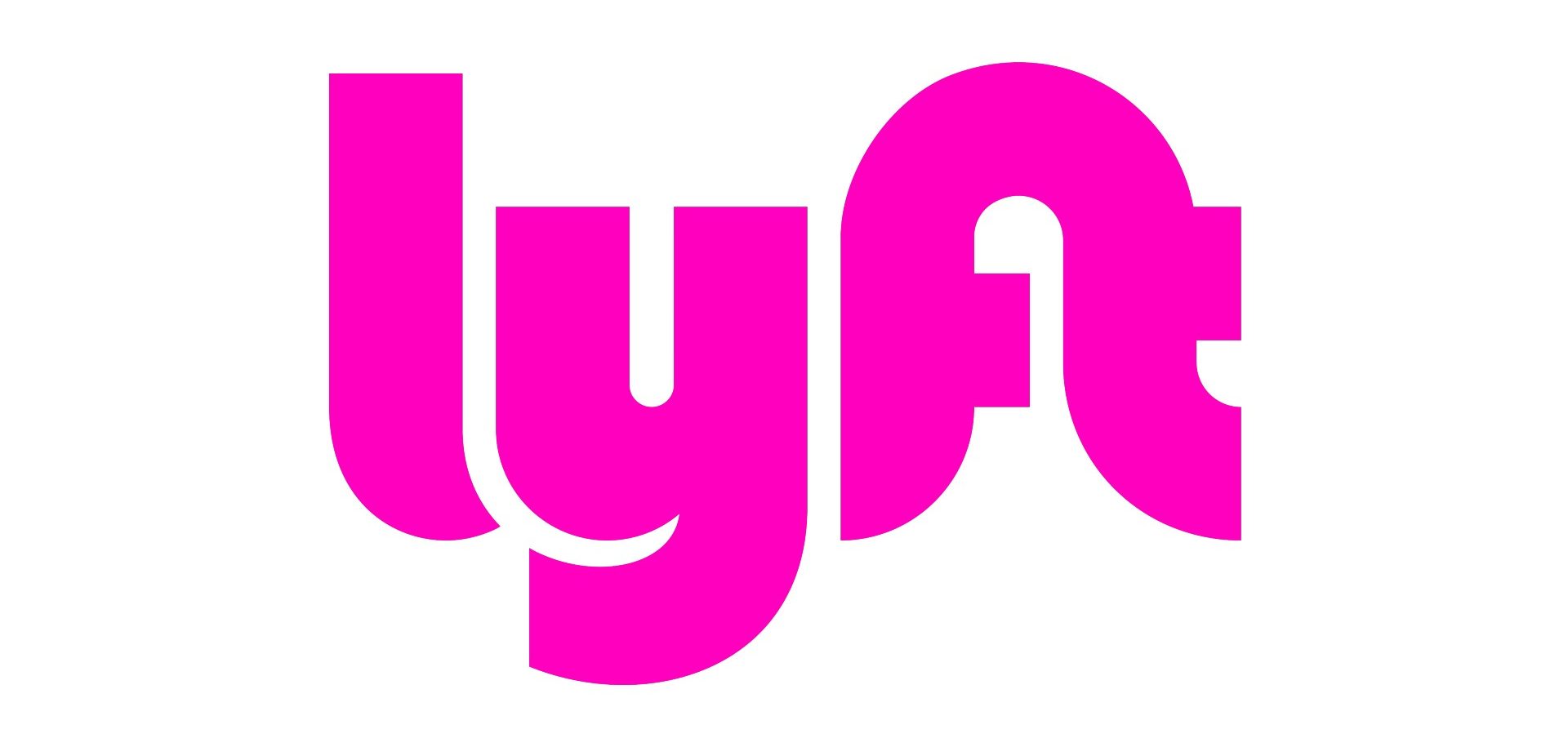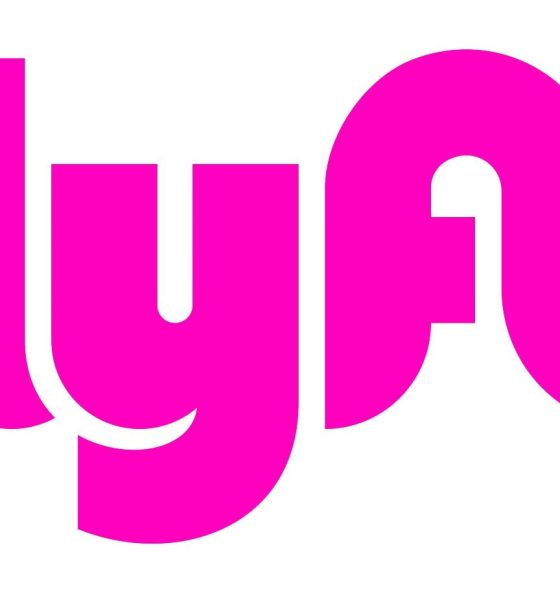Toyota Motor Corporation will acquire Lyft’s self-driving unit, an announcement confirmed yesterday. The cost of the deal is $550 million, and Toyota’s new Woven Planet division that will handle the Japanese company’s automation ambitions.
Lyft will receive $200 million in cash from Toyota upfront, and the remaining $350 million of the deal will be paid over the next five years. “The transaction is also expected to remove $100 million of annualized non-GAAP operating expenses on a net basis – primarily from reduced R&D spend – which will accelerate Lyft’s path to Adjusted EBITDA profitability,” Lyft said in a press release.
Toyota will not only acquire the self-driving unit, but the deal will also provide the automaker with Lyft’s 300 employees.
“Not only will this transaction allow Lyft to focus on advancing our leading Autonomous platform and transportation network, this partnership will help pull in our profitability timeline,” John Zimmer, Co-Founder and President of Lyft said. “Assuming the transaction closes within the expected timeframe and the COVID recovery continues, we are confident that we can achieve Adjusted EBITDA profitability in the third quarter of this year.”
Woven Planet Chief Executive James Kuffner told reporters on Tuesday, “This is the first step of establishing and bringing together the people. Obviously, building technology and product requires people, and that’s much what this acquisition is about.” Kuffner is likely referencing to the presence in Silicon Valley and London that Woven Planet will now have because of the acquisition. The partnership and could alleviate the issues that come with the acquisition of a new company.
Lyft’s advantages in the acquisition allow it to take a profit away from the development of self-driving technologies. Lyft hasn’t released its self-driving tech, which is aimed toward complete automation, known as Level 5 autonomy, but it can give the rest of the tasks to Toyota while walking away with a hefty profit.
Meanwhile, Toyota gains more experience and expertise in the self-driving sector through the acquisition. Toyota has Level 2 automation with advanced driver assistance tech. Level 2 describes “Partial Driving Automation” through Advanced Driver Assistance Systems. “The vehicle can perform steering and acceleration. The human still monitors all tasks and can take control at any time,” according to Synopsys‘ breakdown of automation levels.
Kuffner says that Woven Planet will continue investing and growing its team but did not give any further details about acquisition plans or a timeline that would describe possible moves in the future. According to Reuters‘ coverage of the acquisition, Toyota will “likely make more deals, even if they do not ultimately lead to self-driving vehicles to ‘actively gather software and people who have knowledge.’” This is according to Seiji Sugiura, a Senior Analyst at Tokai Tokyo Research Institute.
The transaction is expected to close in Q3 2021 and will be subjected to required regulatory approvals and other closing conditions.

News
Tesla ships out an update for everyone that California caused
“This change only updates the name of certain features and text in your vehicle,” the company wrote in Release Notes for the update, “and does not change the way your features behave.”

Tesla has shipped out an update for its vehicles that was caused specifically by a California lawsuit that threatened the company’s ability to sell cars because of how it named its driver assistance suite.
Tesla shipped out Software Update 2026.2.9 starting last week; we received it already, and it only brings a few minor changes, mostly related to how things are referenced.
“This change only updates the name of certain features and text in your vehicle,” the company wrote in Release Notes for the update, “and does not change the way your features behave.”
The following changes came to Tesla vehicles in the update:
- Navigate on Autopilot has now been renamed to Navigate on Autosteer
- FSD Computer has been renamed to AI Computer
Tesla faced a 30-day sales suspension in California after the state’s Department of Motor Vehicles stated the company had to come into compliance regarding the marketing of its automated driving features.
The agency confirmed on February 18 that it had taken a “corrective action” to resolve the issue. That corrective action was renaming certain parts of its ADAS.
Tesla discontinued its standalone Autopilot offering in January and ramped up the marketing of Full Self-Driving Supervised. Tesla had said on X that the issue with naming “was a ‘consumer protection’ order about the use of the term ‘Autopilot’ in a case where not one single customer came forward to say there’s a problem.”
This was a “consumer protection” order about the use of the term “Autopilot” in a case where not one single customer came forward to say there’s a problem.
Sales in California will continue uninterrupted.
— Tesla North America (@tesla_na) December 17, 2025
It is now compliant with the wishes of the California DMV, and we’re all dealing with it now.
This was the first primary dispute over the terminology of Full Self-Driving, but it has undergone some scrutiny at the federal level, as some government officials have claimed the suite has “deceptive” names. Previous Transportation Secretary Pete Buttigieg was one of those federal-level employees who had an issue with the names “Autopilot” and “Full Self-Driving.”
Tesla sued the California DMV over the ruling last week.
News
Tesla workers push back against Giga Berlin unionization
“IG Metall did not succeed in Giga Berlin‘s works council election earlier today. The union share was reduced from nearly 40% in 2024 to 31% in 2026! This is a clear message by the Giga Berlin team towards an independent co-determination! The list called Giga United, led by the current chairwoman, Michaela Schmitz, received the most votes with more than 40%! Good news for Giga Berlin!”

Tesla workers pushed back against unionization efforts at Gigafactory Berlin, and over the past few years, there has been a dramatic decrease in interest to unionize at the German plant.
Gigafactory Berlin Plant Manager André Thierig announced on Wednesday that IG Metall, the European union group, saw its share reduce from 40 to 31 percent in 2026 as employees eligible to vote on the issue. Instead, the Giga Berlin team, known as Giga United, received the most votes with more than 40 percent.
BREAKING! 🚨
IG Metall did not succeed in Giga Berlin‘s works council election earlier today. The union share was reduced from nearly 40% in 2024 to 31% in 2026!
This is a clear message by theGiga Berlin team towards an independent co-determination!
The list called Giga…
— André Thierig (@AndrThie) March 4, 2026
Thierig gave specific details in a post on X:
“IG Metall did not succeed in Giga Berlin‘s works council election earlier today. The union share was reduced from nearly 40% in 2024 to 31% in 2026! This is a clear message by the Giga Berlin team towards an independent co-determination! The list called Giga United, led by the current chairwoman, Michaela Schmitz, received the most votes with more than 40%! Good news for Giga Berlin!”
There were over 10,700 total employees who were eligible to vote, with 87 percent of them turning out to cast what they wanted. There were three key outcomes: Giga United, IG Metall, and other notable groups, with the most popular being the Polish Initiative.
The 37-seat council remains dominated by non-unionized representatives, preserving Giga Berlin as Germany’s only major auto plant without a collective bargaining agreement.
Thierig and Tesla framed the outcome as employee support for an “independent, flexible, and unbureaucratic” future, enabling acceleration on projects like potential expansions or new models. IG Metall expressed disappointment, accusing management of intimidation tactics and an “unfair” campaign.
The first election of this nature happened back in 2022. In 2024, IG Metall emerged as the largest single faction with 39.4 percent, but non-union lists coalesced for a majority.
But this year was different. There was some extra tension at Giga Berlin this year, as just two weeks ago, an IG Metall rep was accused by Tesla of secretly recording a council meeting. The group countersued for defamation.
Tesla Giga Berlin plant manager faces defamation probe after IG Metall union complaint
This result from the 2026 vote reinforced Tesla’s model of direct employee-management alignment over traditional German union structures, amid ongoing debates about working conditions. IG Metall views it as a setback but continues advocacy. Tesla sees it as validation of its approach in a competitive EV market.
This outcome may influence future labor dynamics at Giga Berlin, including any revival of expansion plans or product lines, which Musk has talked about recently.
News
SpaceX President Gwynne Shotwell details xAI power pledge at White House event
The commitment was announced during an event with United States President Donald Trump.

SpaceX President Gwynne Shotwell stated that xAI will develop 1.2 gigawatts of power at its Memphis-area AI supercomputer site as part of the White House’s new “Ratepayer Protection Pledge.”
The commitment was announced during an event with United States President Donald Trump.
During the White House event, Shotwell stated that xAI’s AI data center near Memphis would include a major energy installation designed to support the facility’s power needs.
“As you know, xAI builds huge supercomputers and data centers and we build them fast. Currently, we’re building one on the Tennessee-Mississippi state line. As part of today’s commitment, we will take extensive additional steps to continue to reduce the costs of electricity for our neighbors…
“xAI will therefore commit to develop 1.2 GW of power as our supercomputer’s primary power source. That will be for every additional data center as well. We will expand what is already the largest global Megapack power installation in the world,” Shotwell said.
She added that the system would provide significant backup power capacity.
“The installation will provide enough backup power to power the city of Memphis, and more than sufficient energy to power the town of Southaven, Mississippi where the data center resides. We will build new substations and invest in electrical infrastructure to provide stability to the area’s grid.”
Shotwell also noted that xAI will be supporting the area’s water supply as well.
“We haven’t talked about it yet, but this is actually quite important. We will build state-of-the-art water recycling plants that will protect approximately 4.7 billion gallons of water from the Memphis aquifer each year. And we will employ thousands of American workers from around the city of Memphis on both sides of the TN-MS border,” she noted.
The Ratepayer Protection Pledge was introduced as part of the federal government’s effort to address concerns about rising electricity costs tied to large AI data centers, as noted in an Insider report. Under the agreement, companies developing major AI infrastructure projects committed to covering their own power generation needs and avoiding additional costs for local ratepayers.










